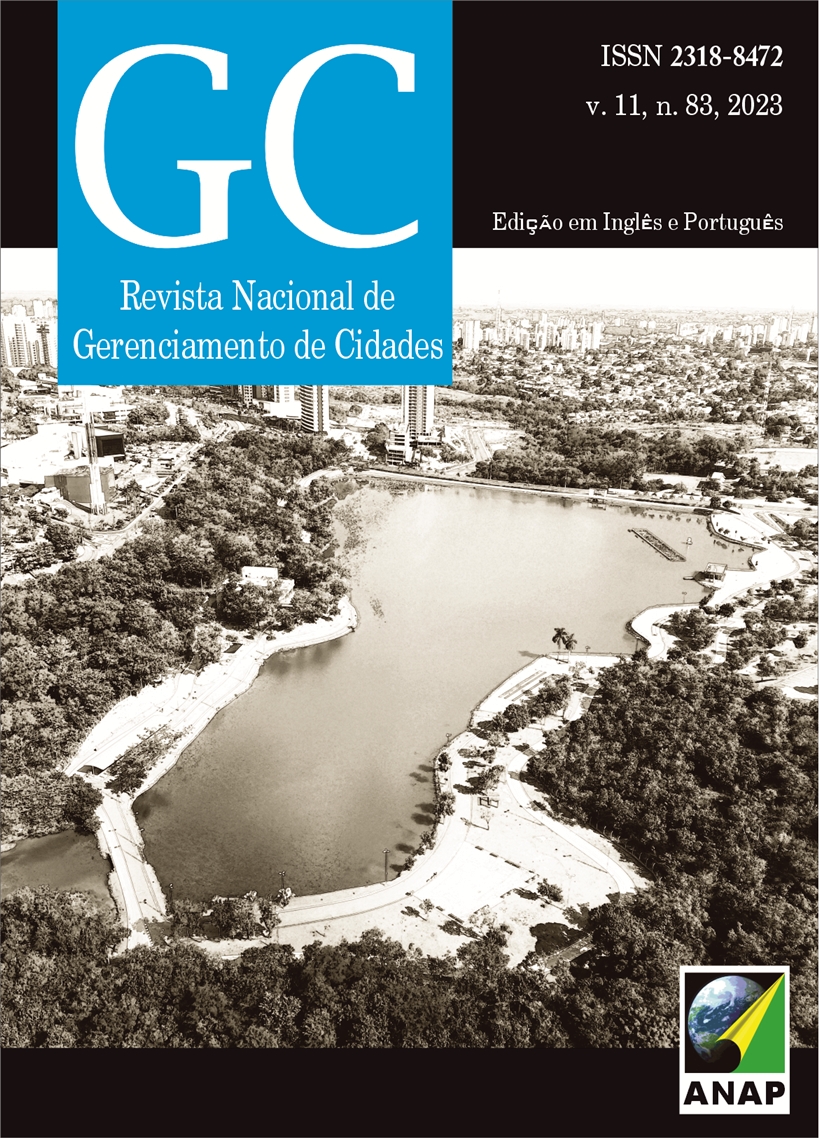Municipal Plan for Integrated Solid Waste Management (MPI-SWM) in the state of Piauí: A portrait of Coastal Cities
DOI:
https://doi.org/10.17271/23188472118320233296Resumo
The PMGIRS is an important instrument of the National Solid Waste Policy (PNRS) that articulates the management of municipal waste with the state plan and the latter, in turn, dialogues with the national plan. It is through the evaluation of the PMGIRS that the municipal manager detects whether the plan meets the requirements of the PNRS and which local actions (municipal scope) have been successful towards the goals of the municipal plan. The objective was to evaluate the PMGIRS of the coastal cities of Piauí, according to what the PNRS prescribes. To meet the objective, we used the instrument for this purpose, which is composed of twenty-one indicators and four indices. The indicators of the municipalities were mostly evaluated as bad and with rates below the recommended by the literature. In general, the instrument's indicators point to the difficulty of municipalities in complying with what the PNRS recommends. The study brings theoretical and managerial contributions. In the theoretical field, it broadens the understanding of the situation of coastal municipalities, part of the tourist route made up of three states, belonging to an environmental protection area, located in the northeast of Brazil, in relation to the local management of their waste. In the managerial field, the findings serve as a subsidy for the PMGIRS review and as an indicator, at the state level, for the formulation of actions that mobilize managers to prepare the local plan and/or encourage them to create intermunicipal consortia with a focus on the destination adequate waste.
Keywords: Waste. Cities. National Solid Waste Policy.
Downloads
Downloads
Publicado
Edição
Seção
Licença
Copyright (c) 2023 Revista Nacional de Gerenciamento de Cidades

Este trabalho está licenciado sob uma licença Creative Commons Attribution-NonCommercial-ShareAlike 4.0 International License.














